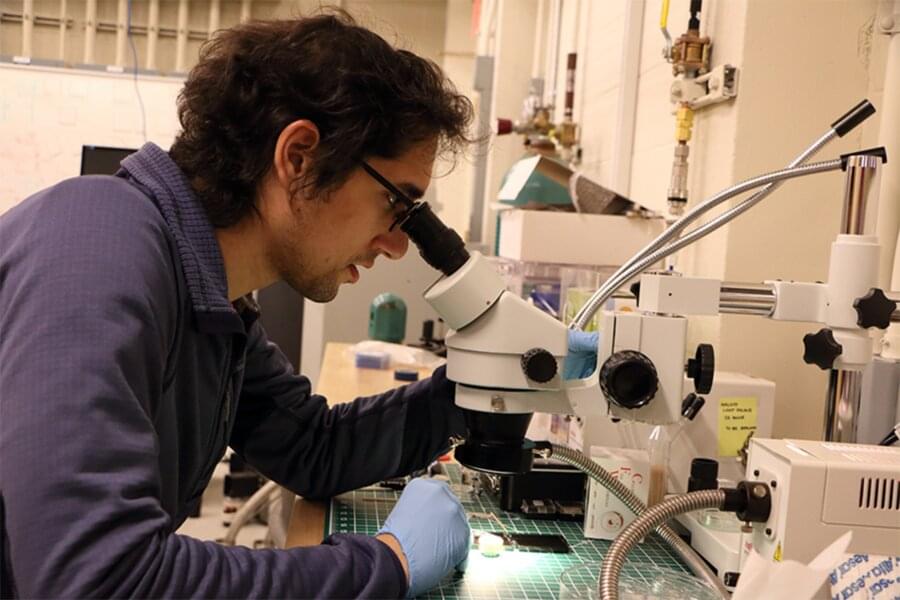MIT physicists and colleagues have demonstrated an exotic form of superconductivity in a new material the team synthesized only about a year ago. Although predicted in the 1960s, until now this type of superconductivity has proven difficult to stabilize. Further, the scientists found that the same material can potentially be manipulated to exhibit yet another, equally exotic form of superconductivity.
The work was reported in the Nov. 3 issue of the journal Nature.
The demonstration of finite momentum superconductivity in a layered crystal known a natural superlattice means that the material can be tweaked to create different patterns of superconductivity within the same sample. And that, in turn, could have implications for quantum computing and more.










Comments are closed.